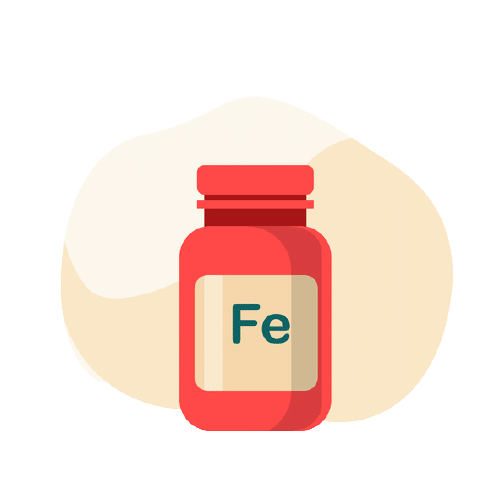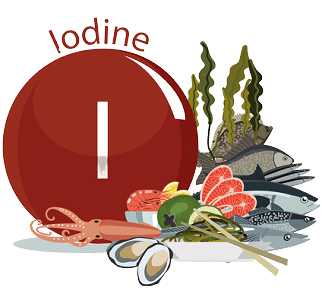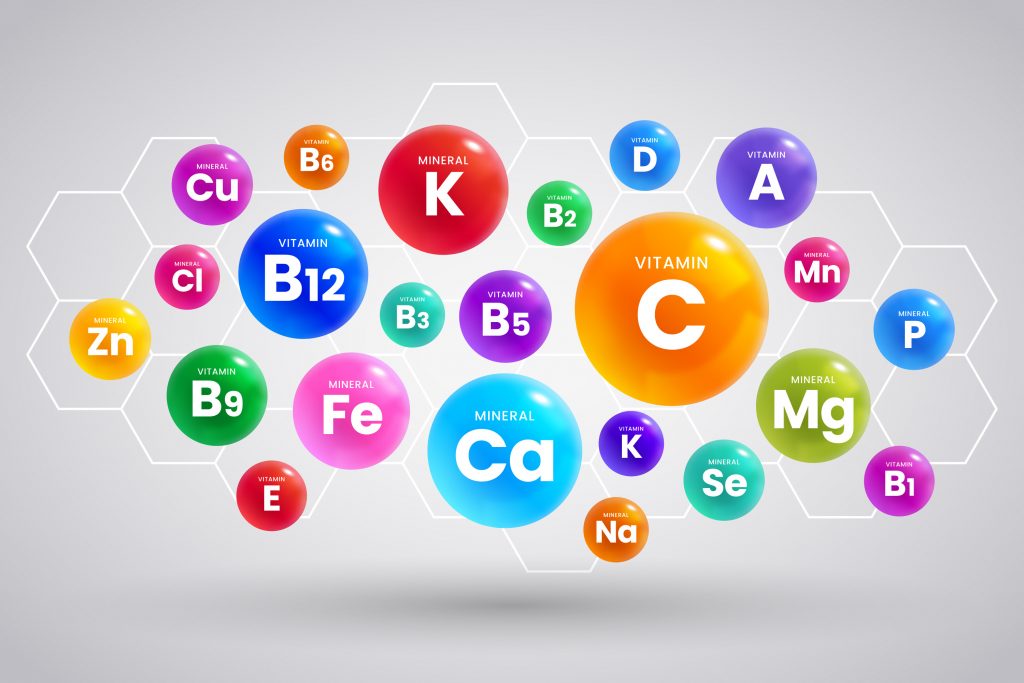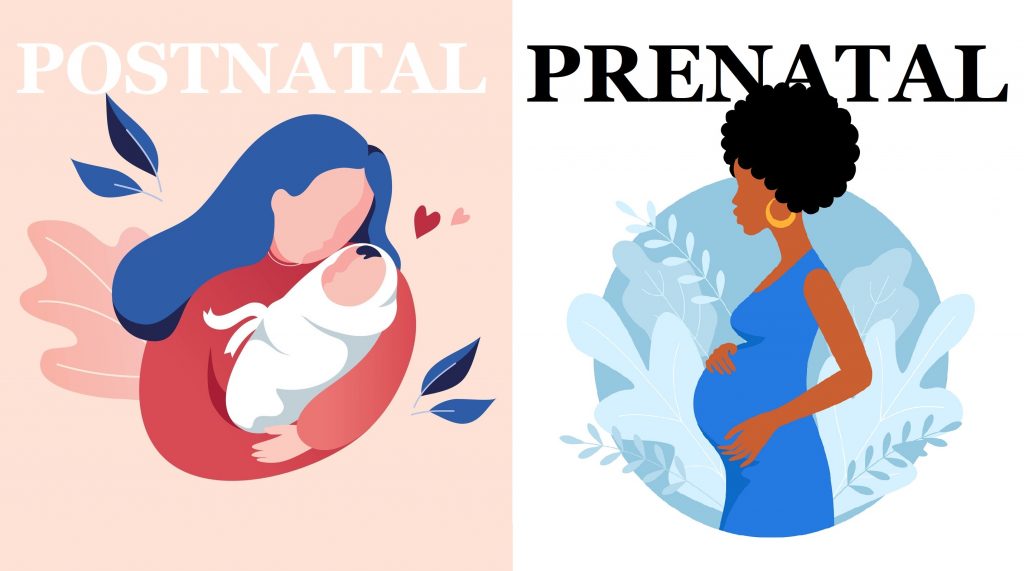Pregnancy can be a confusing time, with friends, family and pharmaceutical companies offering all kinds of conflicting advice.
While you may be confused by all the supplements and therapies suggested to you – from calcium supplements to Kegels – don’t let it get you down.
Many of these treatments and products are marketed as necessities for healthy pregnancies, but do you need to shell out on specific supplements, and what’s the difference between prenatal vs postnatal vitamins anyway?
If you’re planning for a pregnancy, you’ve probably heard a lot about specialized vitamin supplements (prenatal and postnatal vitamins) designed to support a healthy pregnancy. Because pregnancy requires a lot of vitamins and nutrients, it’s vital to maintain healthy levels of essential nutrients for your and your baby’s health.
To this end, many supplement manufacturers have created specific blends of vitamins and minerals designed to support healthy pregnancies, though some ingredients – like vitamin D and folic acid – can easily be found in other sources. Most are divided based on prenatal vs postnatal vitamins, though the differences aren’t immediately noticeable.
Table of Contents
Are Prenatal and Postnatal Vitamins The Same?

No: Prenatal and postnatal vitamins have several significant differences, as they are targeted to support women’s health needs, which change dramatically before and after pregnancy. For example, most prenatal vitamins support general health and healthy foetal development with compounds like folic acid and vitamin D – which protect against neural tube defects (NFTs) and promote healthy bone development.
Contrastingly, postnatal vitamins target energy, immune response and lactation with herbal extracts and vitamins like iron, vitamin B6 and iodine, which new mothers often lack. In short, you could say that the main difference between prenatal vs postnatal vitamins is their focus on development and recovery, respectively.
Should I Take Prenatal or Postnatal Vitamins After Birth?
As the name implies, postnatal (meaning “of or occurring after birth”) vitamins are recommended for new mothers, although there’s no harm in finishing off your prenatal supplements. Most postnatal vitamins are intended to restore healthy levels of vitamins and minerals and make sure that your newborn gets the nutrients they need from breastfeeding, unlike prenatal vitamins.
As they tend to include higher levels of vitamins A, C, D, K and minerals like magnesium, postnatal supplements ensure that you and your baby get the nutrients you need. However, you should ask your doctor to see if you’re at risk of specific deficiencies before switching to a high-dose supplement, although they are better in the period after birth when comparing prenatal vs postnatal vitamins.
What Will Help With Breastfeeding?

During the breastfeeding stage, demands for specific nutrients are increased (as you’re supplementing for two), so it’s crucial to maintain a higher-than-usual intake of these nutrients. Although everyone’s nutritional needs are different, some of the most important nutrients for breastfeeding mothers include:
Iron

New mothers are sometimes deficient in iron – especially if they were anemic during pregnancy – so if you’re suffering from tiredness, shortness of breath and low energy levels, you may need more iron in your diet. The daily recommended iron intake is around 10mg per day, but you should have your iron levels tested to see if you need more (or less) to build up your reserves after birth.
Iodine

This mineral is vital for thyroid health and neural development, and the National Institutes of Health (NIH) recommend that you get 290mcg per day when breastfeeding. As most prenatal vitamins do not contain idodine, make sure you’re taking postnatal supplements with it to maintain a healthy intake – a key distinction to remember when discussing prenatal vs postnatal vitamins.
Vitamin D

Also known as the sunshine vitamin (because your skin produces it when exposed to sunlight), vitamin D supports your immune system and promotes healthy bones by regulating the level of calcium in your blood. Unfortunately, vitamin D deficiencies are very common – affecting roughly 4 in 10 Americans – so you should consider taking supplements to ensure you and your child maintain healthy levels.
Related: Why not learn more about Vitamin D by reading our article on the differences between vitamin D1, D2 and D3?
Vitamin B12

If you don’t get enough vitamin B12, then it may impact the nutritional benefits of your breast milk, so make sure you pick a supplement with plenty of vitamin B12 when weighing up the pros and cons of prenatal vs postnatal vitamins.
Choline

This nutrient – which is chemically similar to B vitamins – supports healthy brain development, the nervous system and metabolism making it highly beneficial for moms and babies.
Like vitamin B12, choline can be found in animal products, and the National Academy of Medicine advises that breastfeeding women take as much as 550mg per day to ensure that they and their children get enough to support healthy development.
Docosahexaenoic acid (DHA)

Docosahexaenoic acid (DHA for short) is an omega 3 fatty acid that helps develop your baby’s nervous system and can be found in oily fish like salmon, sardines and tuna.
Because your body cannot produce enough DHA itself, you should try to take 250-375mg of DHA daily when breastfeeding, and since very few prenatal supplements contain DHA, you should prioritize postnatal vitamins when weighing up prenatal vs postnatal vitamins.
Related: If you want to learn more about omega-3s and how best to add them to your daily routine, consider reading our comparative article on cod liver oil vs fish oil.
Prenatal Vs Postnatal Vitamins – Which One Do You Need?
These two types of vitamins are formulated to address very different nutritional needs, so we strongly recommend following the manufacturer’s advice and take prenatal vitamins during the prenatal period and vice versa.
While taking postnatal vitamins before birth – or taking prenatal vitamins afterwards – won’t do any harm, you’re not getting all the nutrients you need, so you should adjust your supplement regime to address your current health needs.

When comparing prenatal vs postnatal vitamins, it’s important to remember that postnatal vitamins tend to contain higher levels of vitamins A, C, D, K and other nutrients like iron, iodine and choline to ensure you and your newborn get the nutrients you need.
Contrastingly, prenatal vitamins focus on nutrients needed in foetal development, such as folic acid, calcium, vitamin B12 and magnesium, to support a healthy pregnancy.
How Long Should You Take Prenatal And Postnatal Vitamins For?

It’s widely held that women who are actively trying to conceive should already be taking prenatal vitamins to anticipate the needs of your baby so that you can build up healthy reserves of the nutrients you’ll need during pregnancy.
Additionally, you should continue taking these supplements through your pregnancy, as you’ll need twice the usual amount of vitamins and minerals whilst your child develops.
Similarly, the World Health Organisation (WHO) recommends that new mothers continue taking vitamins as long as they breastfeed to continue supporting their child’s development.
If you feed your child with formula, then you can stop taking postnatal vitamins (since the formula is fortified with vitamins), meaning you can focus on more important things than the prenatal vs postnatal vitamins discussion.
Final Thoughts
Raising a healthy child can be a physically intensive process, and making sure that you have plenty of nutrients for proper development is one of the first things you should think about. Even if you don’t suffer from a deficiency of vitamins or minerals (that you know about), it’s worth taking supplements to ensure that you and your child get plenty of essential vitamins during and after pregnancy.
However, it’s vital to remember the distinctions between prenatal vs postnatal vitamins, as they support the health needs of you and your child in different ways.
And as with any type of supplement, we recommend asking an expert (preferably an obstetrician who can give you tailored medical advice) to find the best option for your specific nutritional needs, especially if this is your first pregnancy or you’re unsure of anything.





